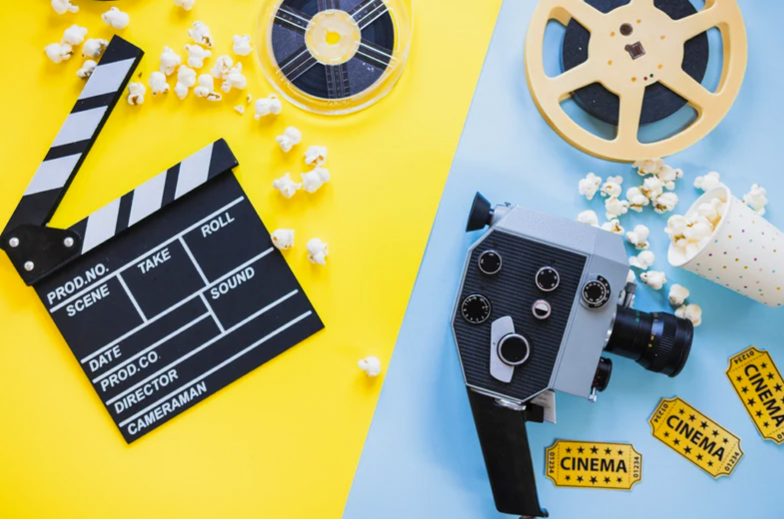Copyright in Film, TV, Music, and Digital Media: What Every Creator Should Know
In today’s creative economy, your ideas are your currency.

In today’s creative economy, your ideas are your currency. Whether you’re a filmmaker, TV producer, musician, or digital content creator, copyright law is one of the most important tools you have to protect your work—and one of the most misunderstood.
What is Copyright?
Copyright is a legal right that gives creators control over how their original works are used, shared, and monetized. From scripts and screenplays to music recordings and YouTube videos, copyright protects the expression of your idea—not just the idea itself.
Film & TV
In the film and television world, copyright covers everything from the script to the cinematography, soundtrack, and even the final edited production. This is why contracts and licenses are crucial—so everyone from writers to composers gets credited (and compensated) properly.
Music
In music, copyright is especially layered. A single song has two copyrights: one for the composition (the melody and lyrics) and one for the recording. This is why using music without permission—whether in a film, show, or TikTok—can quickly lead to takedowns or even lawsuits.
Digital Media
On platforms like YouTube, Instagram, and TikTok, copyright enforcement is automated through content ID systems. While this helps protect rights holders, it also means creators need to be extra careful about using clips, images, or sounds they don’t own or have permission for.
Why It Matters
Beyond legal protection, copyright is about ownership, credit, and income. For creators, it ensures your hard work isn’t exploited without your say. For businesses, it avoids costly disputes that can delay projects or damage reputations.
Final Thought
In an era where content is created and shared at lightning speed, copyright isn’t just a legal concept—it’s a cornerstone of creative freedom and fair compensation. If you’re a creator, protecting your rights (and respecting others’) isn’t optional—it’s essential.
